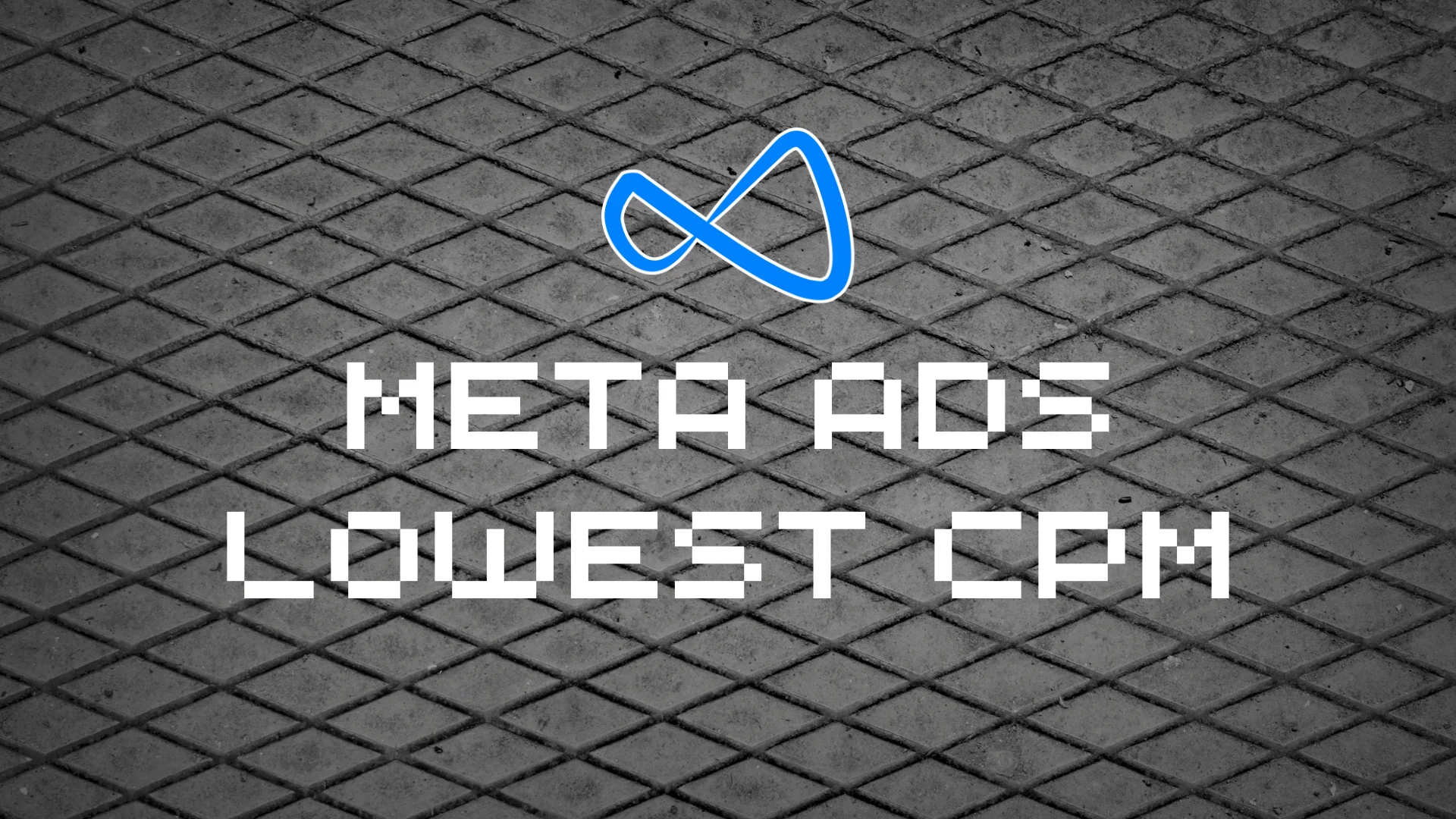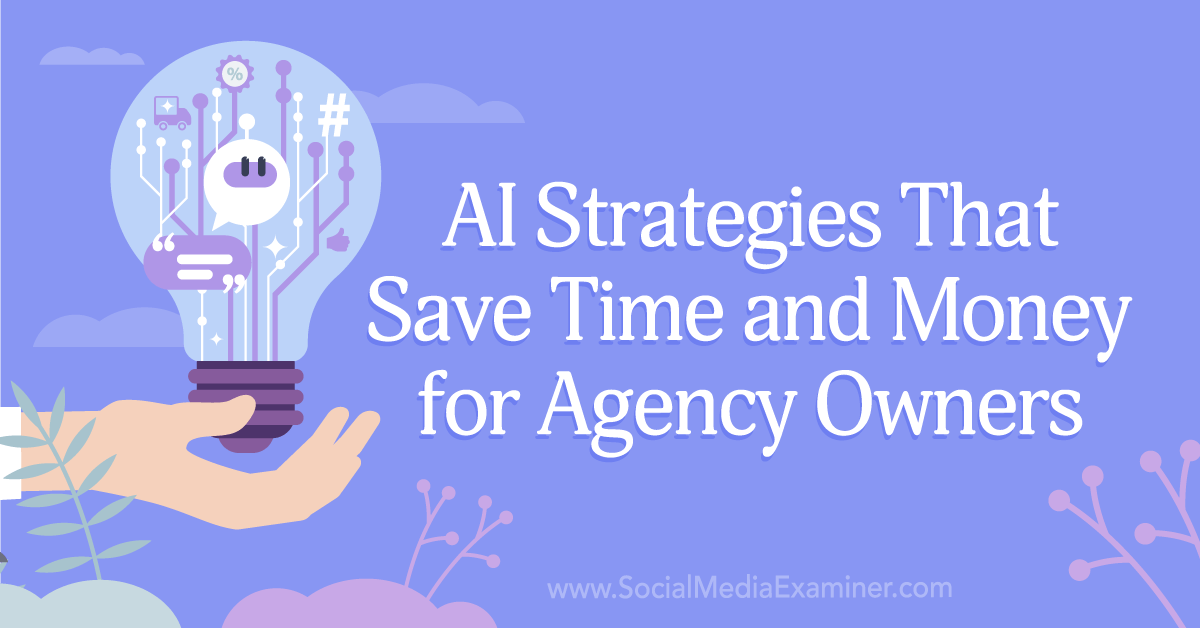Content marketing is a highly effective strategy that has proven successful in various industries. However, in the manufacturing world, it presents unique challenges. This blog aims to provide a practical guide to mastering content marketing in the manufacturing field. Our goal is to help manufacturing businesses unlock the potential of content marketing and turn it into a winning strategy.
In the manufacturing sector, content marketing plays a crucial role due to its B2B focus and central position in the supply chain. Unlike in the B2C realm, where the focus is on engaging end consumers, content marketing for manufacturing companies targets businesses and industry professionals. This audience seeks detailed, technically accurate, and relevant content, making content marketing essential for success in this industry.
Manufacturing companies need to effectively communicate their complex processes, technological innovations, and industry insights. Content marketing in this context is not about flashy consumer ads, but rather about delivering substantial and in-depth content that resonates with businesses and experts in the manufacturing field. Implementing this approach is vital for building trust, establishing credibility, and positioning your company as a thought leader in the manufacturing community.
The advantages of content marketing for manufacturing companies are significant. It helps increase brand awareness, highlights what sets your company apart, provides quality insights into your operations, drives business growth, establishes your brand as an industry leader, showcases the superiority of your products, generates leads, and keeps existing customers engaged.
To effectively leverage content marketing in manufacturing, there are eight types of content that can be utilized:
1. White Papers: In-depth reports that showcase expertise and insights on specific industry topics.
2. Infographics: Visual tools that present complex data in an easily digestible format.
3. Blog Posts: Mediums for sharing insights and expertise.
4. Social Media Marketing: Platforms for connecting directly with the audience.
5. Email Marketing: Direct and personalized communication to keep the audience informed and engaged.
6. Video Marketing: Engaging videos that showcase expertise and products.
7. Case Studies: Detailed studies that demonstrate expertise and successful projects.
8. Webinars: Interactive platforms for sharing knowledge and engaging with a broader audience.
To effectively streamline content marketing in the manufacturing industry, consider conducting market research to understand the needs of B2B buyers, developing informative and engaging content, performing keyword research for SEO optimization, utilizing content automation tools, blending online and traditional marketing tactics, spreading content across multiple platforms, developing a strategy aligned with marketing goals, and regularly assessing the effectiveness of the content marketing strategy.
By following these steps and staying agile in the ever-evolving digital landscape, manufacturing companies can develop a robust content strategy that resonates with their target audience, ultimately driving engagement and business growth.
Source link






















